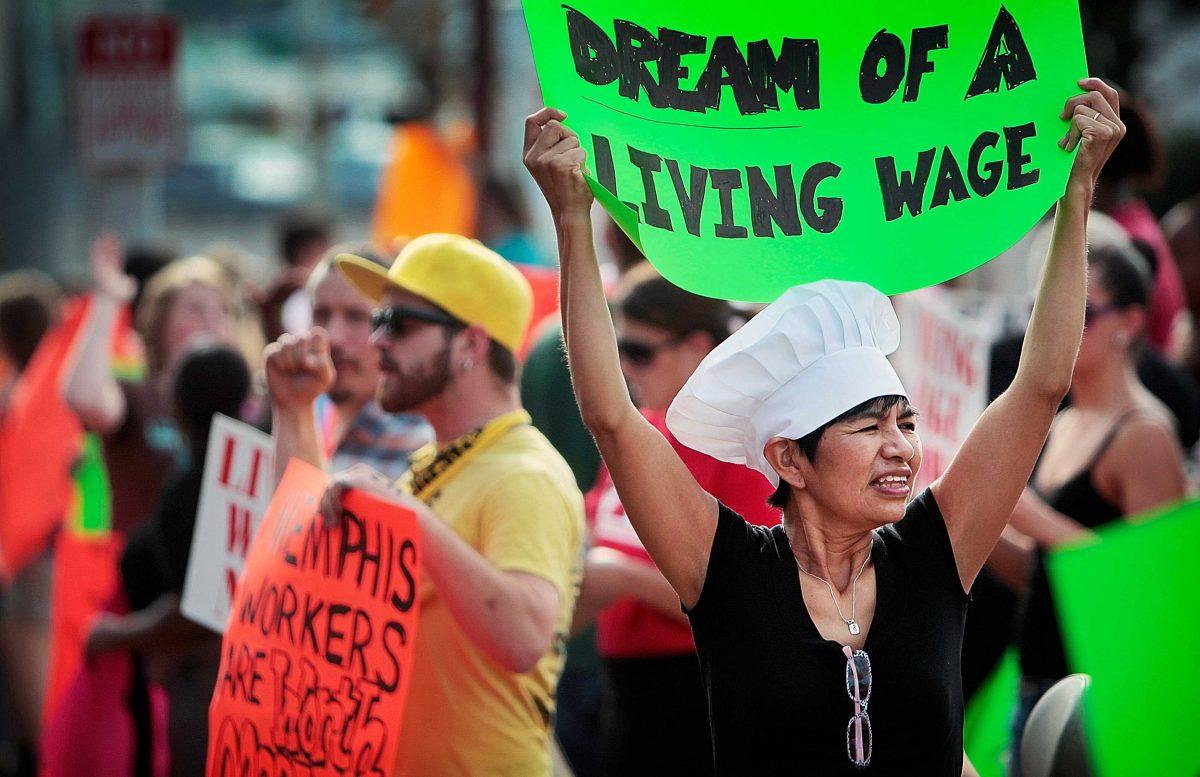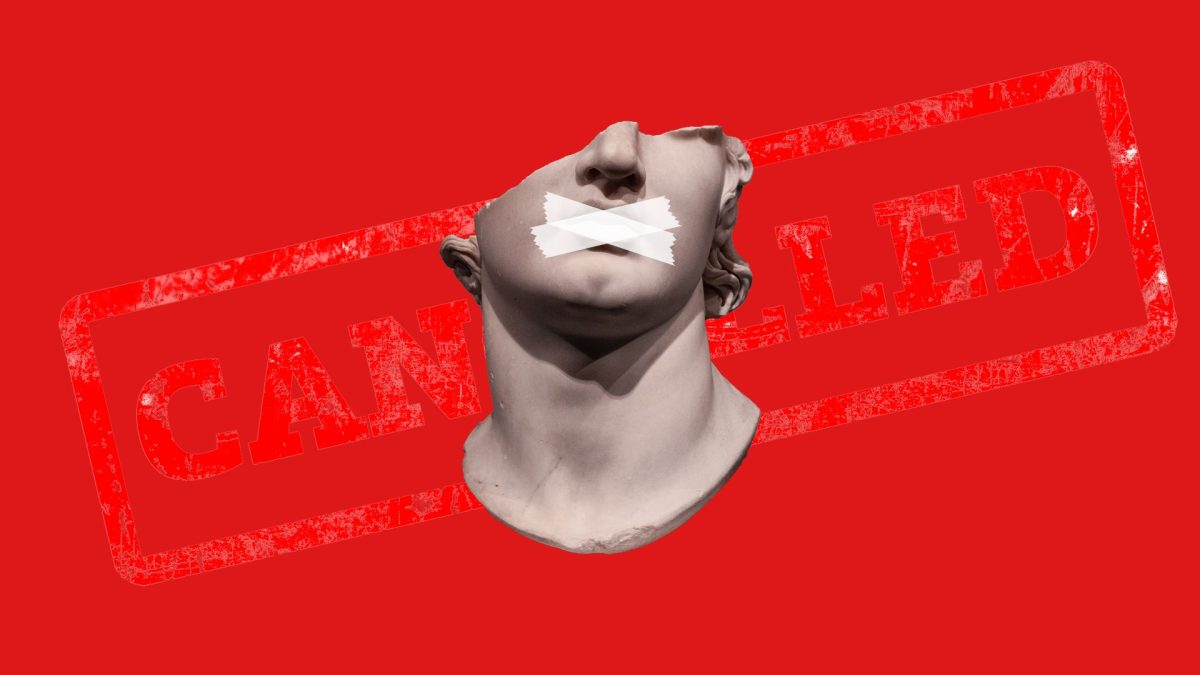With the Legislature adjourning in less than a week, another year has passed with no pay raise for almost 200,000 Louisiana minimum wage workers.
Republican lawmakers in the House Labor Committee killed several proposals for a minimum wage increase in late April.
One such proposal, House Bill 311, sponsored by Rep. Denise Marcelle, D-Baton Rouge, would have increased the wage to $12 by Jan. 1, 2024. Another, House Bill 1013, sponsored by Rep. Malinda White, I-Bogalusa, was a modest bump for state workers to $9 an hour.
Republicans also squashed a bill that would put an $11.25 per hour wage on the ballot in the fall as a constitutional amendment. House Bill 229, sponsored by Rep. Kyle Green, D-Marrero, would have allowed the wage to increase beyond this through future legislation.
Why are Republicans scared of putting a higher minimum wage in front of voters?
After all, many lawmakers evidently have no problem slipping corporate tax breaks onto the ballot. When it comes to a measure that may actually help their constituents, on the other hand, God forbid they give the voters a say. Especially in a midterm election year when people might, you know, actually show up to the polls.
But it’s actually not so hard to see why Republicans don’t want you to decide if tens of thousands of workers in this state deserve better. Putting a minimum wage boost up to the people might mean pro-worker policy actually passes in Louisiana, and, well, that simply can’t happen.
Minimum wage increases are overwhelmingly popular nationwide. 83% of Americans think the federal minimum wage of $7.25 is too little, a 2021 Harris and Yahoo Finance study found, and 62% of Americans support a $15 minimum wage, according to a 2022 Pew Research survey.
To justify their deafness to the people’s voices, lawmakers recycle tired, disproven talking points.
Rep. Raymond Crews, R-Bossier City, for instance, argued that minimum wage jobs are for people just starting out, and that increasing wages would slash jobs.
But neither of those points are accurate.
While a significant portion of minimum wage workers are teenagers or young adults, 52% are over the age of 25, according to the Bureau of Labor Statistics.
It’s also important to note that these statistics don’t consider low-wage workers who may make slightly over federal minimum wage. In Louisiana, only 8% of workers who make less than $15 an hour are teenagers, according to Oxfam America, a poverty nonprofit.
Crews’ assertion that minimum wage workers are just people starting out isn’t supported by the facts. (Though, to note, even if they were, those people would deserve fair wages, too.)
Research also refutes the representative’s claim that raising the minimum wage would force employers to cut jobs.
A 2019 research paper found that, following minimum wage boosts, “the overall number of low-wage jobs remained essentially unchanged over the five years following the increase.” This finding came from the analysis of 138 state-level minimum wage increases over 37 years.
A minimum wage increase is perhaps the most common sense, straight forward policy lawmakers looking to help their constituents could support. It would alleviate financial stress and poverty for families across the state, producing better outcomes for children and making Louisiana a more attractive state to live in.
Louisiana minimum wage workers haven’t received a pay raise since the federal wage was increased in 2009. It’s especially troubling that amid skyrocketing prices for gas and other essential goods, lawmakers fail to do better for the state’s workers.
When lawmakers oppose even modest improvements for Louisiana workers, it begs the question: Who are they working for?
Certainly not Louisiana’s workers.
Claire Sullivan is a 19-year-old coastal environmental science and mass communication junior from CT.







